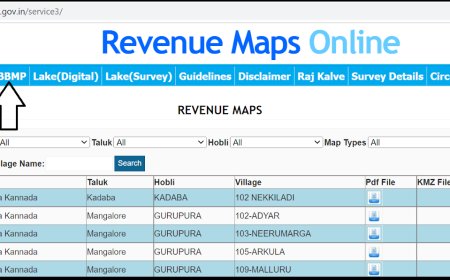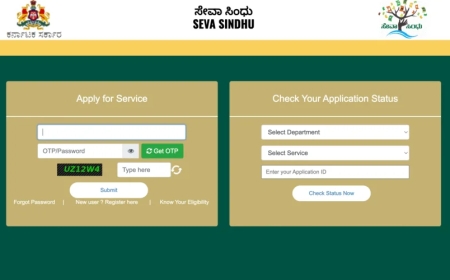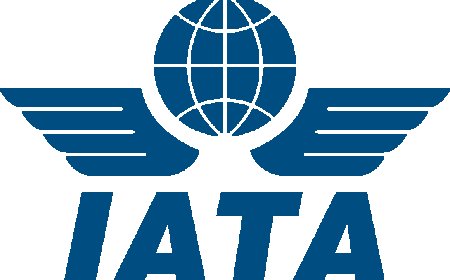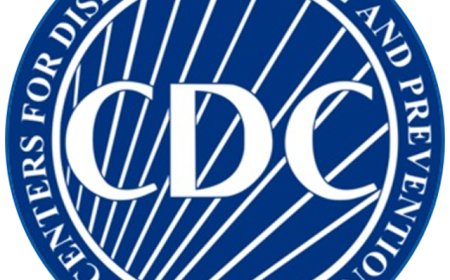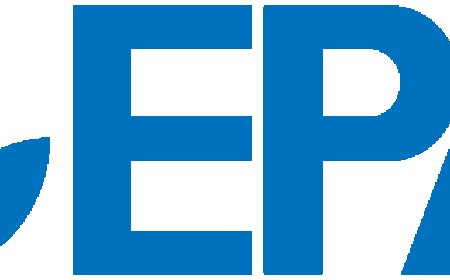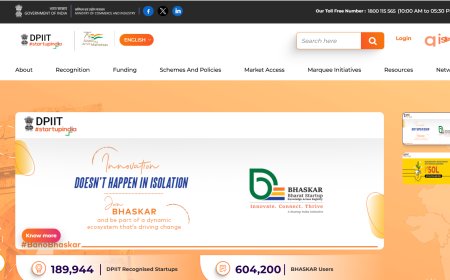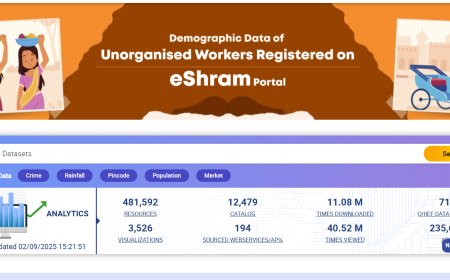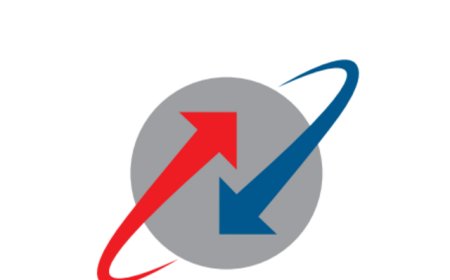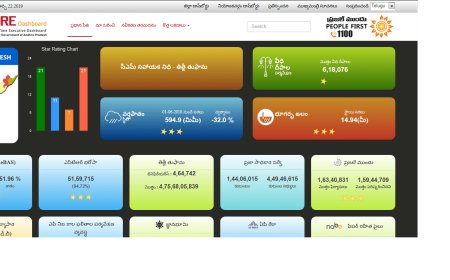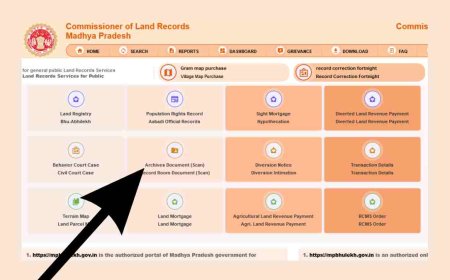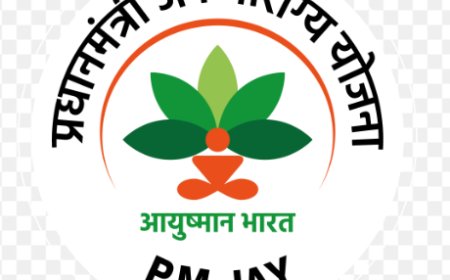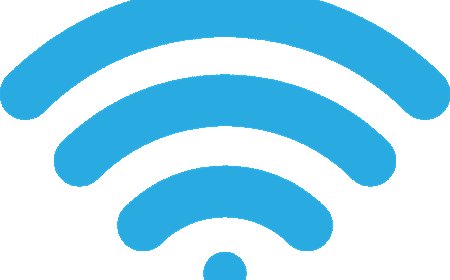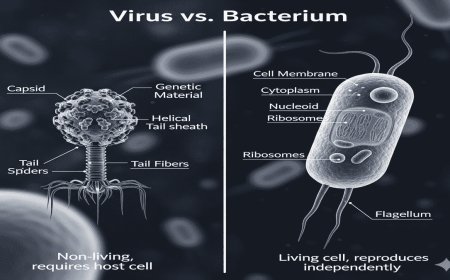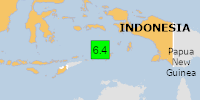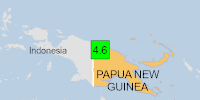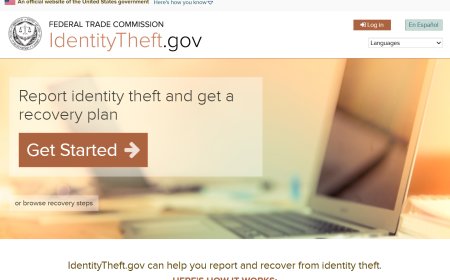Exploring the CDC: A Guide to Public Health Resources
Discover the CDC's vital role in public health, its resources, and how it impacts global health initiatives.

Exploring the CDC: A Comprehensive Guide to Public Health Resources
Introduction
The Centers for Disease Control and Prevention (CDC) is a cornerstone of public health in the United States, playing a crucial role in disease prevention, health education, and global health initiatives. Established in 1946, the CDC has been at the forefront of combating infectious diseases, chronic illnesses, and health emergencies. This article delves into the CDC's resources, services, and contributions to public health.
Understanding the CDC's Role
The CDC's mission is to protect America from health, safety, and security threats, both foreign and domestic. It achieves this through research, providing health information, and fostering partnerships with organizations across the globe. Here are some key areas where the CDC makes a significant impact:
- Infectious Disease Control: The CDC conducts research and provides guidelines on controlling infectious diseases such as influenza, HIV/AIDS, and COVID-19.
- Chronic Disease Prevention: Initiatives aimed at reducing the prevalence of chronic diseases like diabetes, heart disease, and cancer.
- Environmental Health: Addressing environmental health risks such as pollution, toxic substances, and climate change impacts.
- Emergency Preparedness: Planning and response efforts for natural disasters, bioterrorism, and pandemic outbreaks.
Resources Offered by the CDC
Educational Materials
The CDC provides extensive educational resources for both healthcare professionals and the general public. These materials include guidelines, fact sheets, and training modules that cover a wide range of health topics.
Data and Statistics
Through its National Center for Health Statistics, the CDC offers a wealth of data on health trends, vital statistics, and health indicators. This data is essential for researchers, policymakers, and educators. Explore these datasets at Data.gov.
Vaccination Programs
The CDC plays a pivotal role in vaccination efforts, providing guidelines and information on vaccines for diseases like measles, mumps, rubella, and influenza. These efforts are crucial for maintaining public health safety and reducing the burden of preventable diseases.
Benefits of CDC Resources
Access to the CDC's resources ensures that individuals and communities are equipped with the information and tools necessary to improve health outcomes. Some benefits include:
- Accurate Information: Reliable data and guidelines help prevent misinformation and promote evidence-based practices.
- Community Health Improvement: Resources are tailored to address the specific health needs of various communities, improving overall health and well-being.
- Global Health Impact: The CDC's work extends beyond borders, contributing to global health initiatives and strengthening international health systems.
Conclusion
The CDC remains an invaluable resource for advancing public health, providing critical information and support to combat health challenges. Its comprehensive resources and initiatives help protect and enhance the lives of millions worldwide. To explore more or find datasets that fit your needs, visit Data.gov today.
References
Centers for Disease Control and Prevention. (2023). About CDC. Retrieved from https://www.cdc.gov/about/default.htm
Centers for Disease Control and Prevention. (2023). CDC's Mission. Retrieved from https://www.cdc.gov/about/organization/mission.htm
What's Your Reaction?
 Like
0
Like
0
 Dislike
0
Dislike
0
 Love
0
Love
0
 Funny
0
Funny
0
 Angry
0
Angry
0
 Sad
0
Sad
0
 Wow
0
Wow
0





